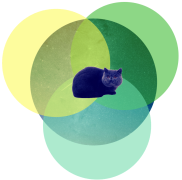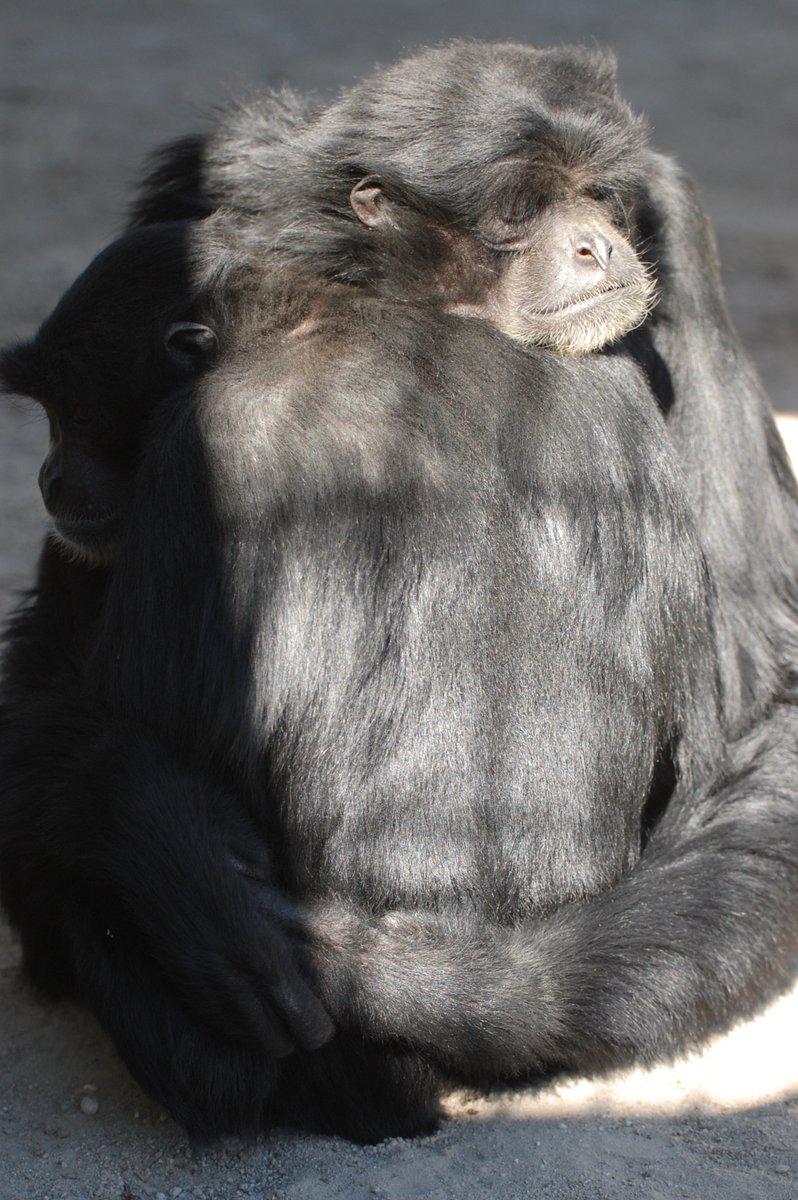In Australia there are more than 250 Indigenous languages including around 800 dialects. Languages are living things that connect people to Country, culture and ancestors. Many words for Australian native animals come from these languages. ‘Keriba gesep agiakar dikwarda keriba mir. Ableglam keriba Mir pako Tonar nole atakemurkak.’ — The land actually gave birth toContinue reading “The quirky origins of Australia’s native animal names”
Tag Archives: language
A history of the world’s languages as a gnarly willow tree
The world’s mother tongues have blended and intermingled since humans first stood upright and emerged out of the primeval forests. Here’s a really awesome family tree beautifully illustrated by Minna Sundberg. Minna is an immensely talented illustrator who has been creating a wonderful tales set in northern Europe for her online web comic Stand Still,Continue reading “A history of the world’s languages as a gnarly willow tree”
Ancient Word of the Day: Stravaig
Stravaig derives from eighteenth-century Scots extravage, meaning ‘wander about; digress, ramble in speech’, in turn derived from Medieval Latin extravagari ‘wander, stray beyond limits’. Stravaig, in various forms, is found in a wide range of Scottish texts from the late eighteenth-century onwards. Read more
Ancient Word of the Day: Adsum
From Latin: “Adsum” – be here now
The life, in a form, that we all live. Adsum abandons hopelessness and blind hope and even rational hope.
Hope is that virtue by which we take responsibility for the future and a quality that gives our actions special urgency.
Jumbo 2023 Christmas Edition of Cool and Kooky Things I Found On the Internet
2023 has been a strange year with a lot of unexpected events in our world. I hope that wherever you are that these oddball and quirky Yuletide tidbits give you a giggle, a jolt and some pause for thought while you enjoy your Christmas celebrations. I hope you get some much needed rest. Right now, some big warm hugs are being sent on digital packets from my heart to yours. Much love, your friend, CC.
Ancient word of the day: vernation
Today’s ancient word of the day is vernation. This is the genesis of new leaves sprouting during springtime. This is the arrangement of the buds as they erupt forth into the world.
Ancient Word of the Day: Ubuntu
A beautiful and ancient word that denotes the deep collective power of empathy and humanity. Ubuntu is a Xhosa word that denotes sharing what you have. As in, my humanity is inextricably linked and bound up in yours. Ubuntu recognises that true healing is impossible without recognition of our common humanity and common destiny. ‘TheContinue reading “Ancient Word of the Day: Ubuntu”
The quirky meander through the origins of language in the Polish calendar
With a few exceptions that are Latin, the Polish month names of the year take more from the Pagan world of seasonal changes, rather than from the Latin calendar that we all know and use in English.
Ancient word of the day: Celandine
This pretty yellow star-like flower is from the buttercup family. It is common to see it flourishing at the beginning of spring in new grasses, hedges and in at the banks of rivers. It blankets forest floors. Commonly thought of as being a weed, it is still absolutely beautiful to behold.
Ancient Word of the Day: Siamang
Endangered siamangs are the largest type of the gibbon family. They have distinctive black coats and communicate using a complex system of booming calls. They have gorgeous throat sacks that swell up as they sing together. Like other gibbons they form gregarious and close-knit family groups. They face a major existential threat from palm oilContinue reading “Ancient Word of the Day: Siamang”










